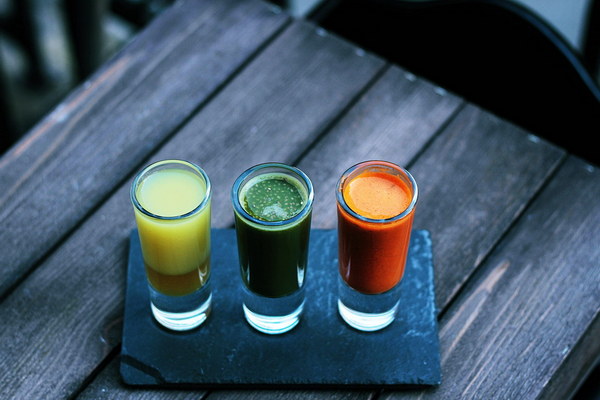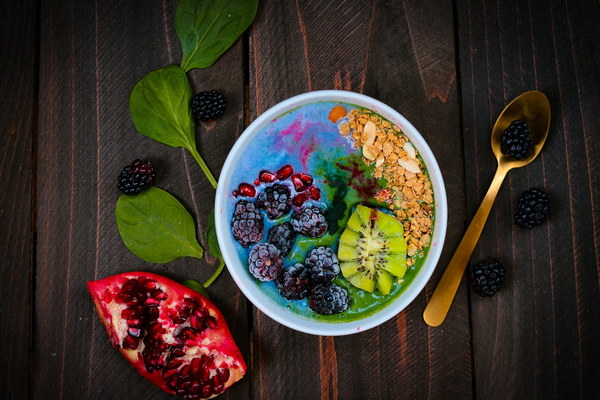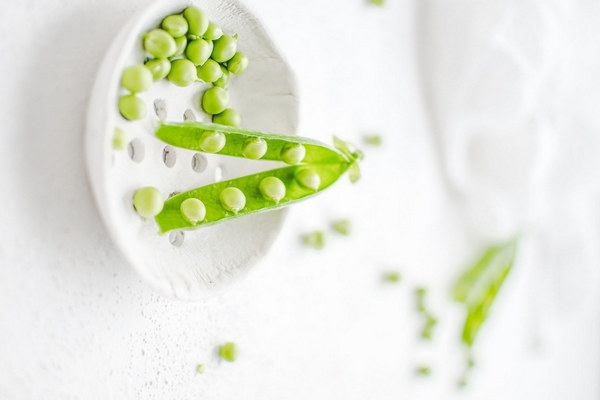Unveiling the Health Wonders of Herbal Tea A Journey into the World of Tea Therapy
The Health Wonders of Herbal Tea: A Journey into the World of Tea Therapy
In the heart of traditional medicine and the pursuit of wellness, herbal teas have long been celebrated for their myriad health benefits. From ancient civilizations to modern society, the art of tea-making has been a ritual of relaxation and rejuvenation. This article embarks on a journey to explore the wonders of herbal teas, their origins, and the therapeutic properties that have made them a cherished part of countless cultures around the globe.

The Rich History of Herbal Tea
Herbal tea, or tisane, has been consumed for centuries, with evidence suggesting its use dates back to ancient Egypt and China. The term herbal tea refers to tea made from the infusion of herbs, spices, fruits, and roots, which are believed to possess medicinal properties. Unlike black, green, or white tea, herbal teas do not contain caffeine and are often used for their soothing and healing properties.
A Spectrum of Health Benefits
The health benefits of herbal teas are as diverse as the ingredients used to create them. Here are some of the most notable benefits:
1. Immune System Support
Herbal teas such as Echinacea and ginger are well-known for their immune-boosting properties. Echinacea, a flowering herb, has been used for centuries to help the body fight off infections, while ginger can help reduce inflammation and alleviate nausea.
2. Digestive Health
Herbal teas like peppermint, chamomile, and fennel are known for their digestive benefits. Peppermint can soothe an upset stomach and reduce bloating, while chamomile can act as a natural relaxant for the digestive tract. Fennel, on the other hand, can help with indigestion and bloating.
3. Stress Relief
The calming properties of herbal teas make them ideal for stress relief. Chamomile, valerian root, and lavender are just a few of the herbs that have been used traditionally to promote relaxation and improve sleep quality.
4. Heart Health
Herbal teas such as hawthorn and hibiscus have been shown to support heart health. Hawthorn, a flowering shrub, can help improve blood flow and reduce cholesterol levels, while hibiscus has been linked to lower blood pressure and improved heart health.
5. Skin Health
Herbal teas like green tea and rooibos have antioxidants that can help protect the skin from damage caused by free radicals. These teas can be consumed or applied topically as a face mask to achieve a glowing complexion.
Exploring Popular Herbal Teas
1. Chamomile Tea
Chamomile tea is perhaps the most popular herbal tea, renowned for its calming effects on the mind and body. It is often consumed before bedtime to improve sleep quality. The flowers of the chamomile plant contain flavonoids, which have anti-inflammatory and anti-spasmodic properties.
2. Ginger Tea
Ginger tea is a spicy and warming beverage that has been used for centuries to aid digestion and relieve nausea. It is also believed to have anti-inflammatory properties, making it beneficial for joint pain and muscle soreness.
3. Green Tea
Green tea is a staple in traditional Chinese medicine and is known for its high levels of antioxidants, particularly EGCG (epigallocatechin gallate). These antioxidants have been shown to help reduce the risk of heart disease, cancer, and other chronic conditions.
4. Rooibos Tea
Rooibos tea, also known as red bush tea, is a caffeine-free herbal tea that is rich in antioxidants and minerals. It is known for its sweet, fruity flavor and is often consumed to boost energy levels and support skin health.
The Art of Brewing Herbal Tea
To fully enjoy the health benefits of herbal teas, it is important to brew them correctly. Here are some tips for making the perfect cup of herbal tea:
- Use fresh, filtered water to ensure the purest flavor.
- Heat the water to the correct temperature (usually around 200°F or 93°C) to extract the maximum amount of beneficial compounds.
- Steep the tea leaves or flowers for the recommended amount of time (usually 3-5 minutes) to achieve the desired strength.
- Add honey, lemon, or other natural sweeteners to enhance the flavor, if desired.
Conclusion
Herbal teas are a delightful and healthful way to incorporate the benefits of nature into your daily routine. Whether you are seeking relief from stress, improving your digestion, or supporting your immune system, there is an herbal tea that can help. So, the next time you reach for a cup of tea, consider the numerous health wonders that await you in the world of herbal tea therapy.









